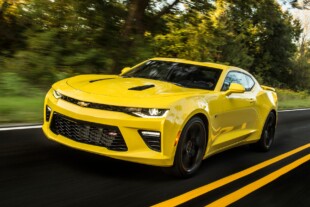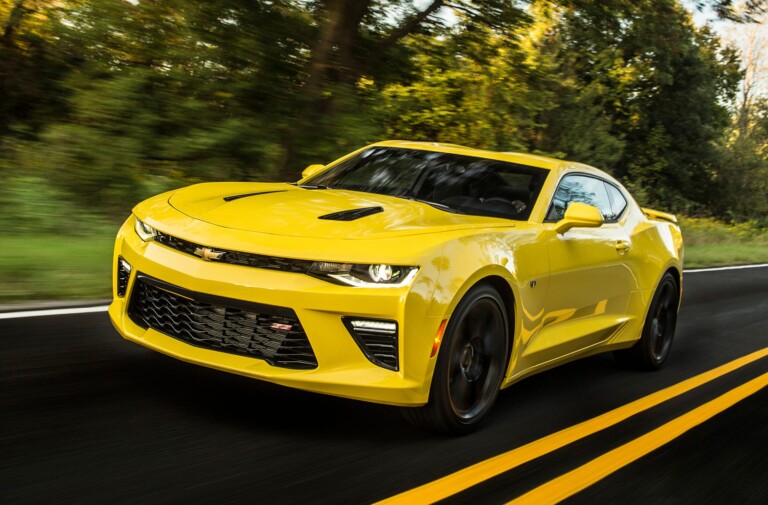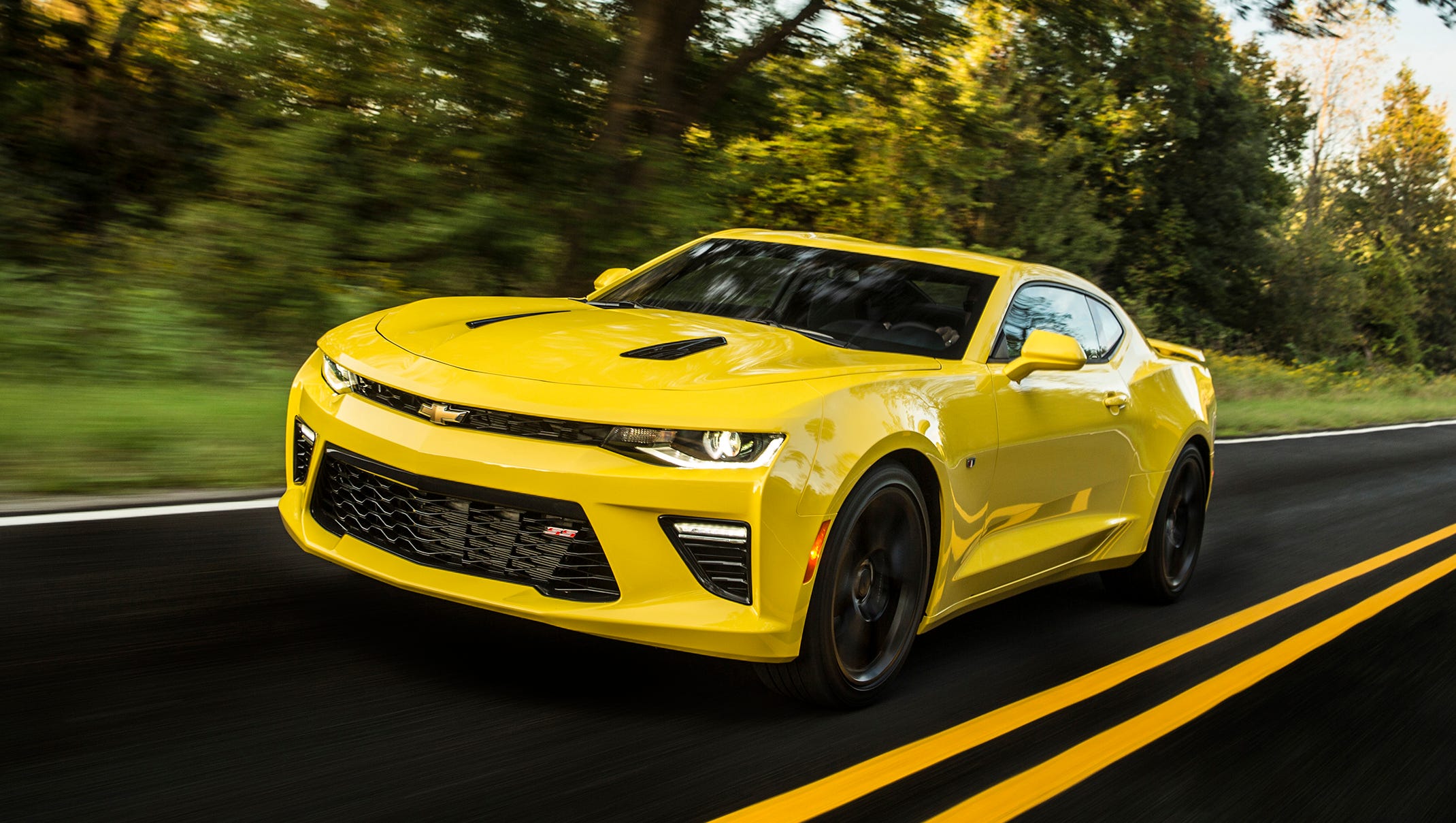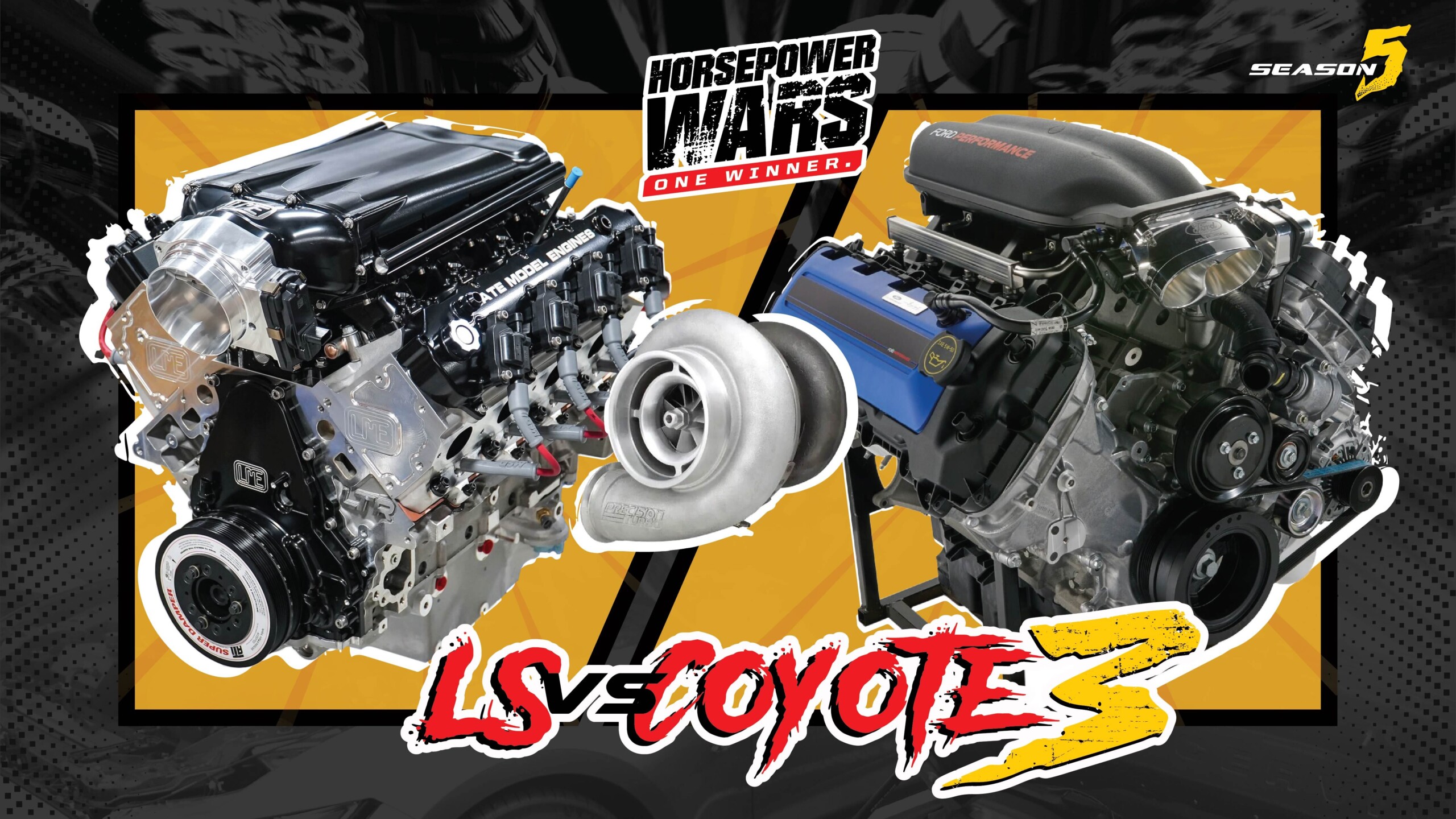
 Weighing the pros and cons of switching to a lithium battery usually falls heavily on the cost factor. That is, a lithium battery can cost up to five times the price of a conventional lead-acid model. But here’s a strong argument to consider:
Weighing the pros and cons of switching to a lithium battery usually falls heavily on the cost factor. That is, a lithium battery can cost up to five times the price of a conventional lead-acid model. But here’s a strong argument to consider:
“If you’re replacing a lead-acid battery every two years,” says Kevin Bennett of Lithium Pros, “You’ll save money by going with a lithium battery.”
 Now you can think about all the advantages of a lithium battery:
Now you can think about all the advantages of a lithium battery:
- They offer five times the cycle life over a lead-acid battery
- They recharge five times faster
- They weigh a third less. In fact, a Lithium Pros racing battery comes in around 10 to 14 pounds, depending on the model. Even the heaviest Lithium Pros battery is only 18 pounds.
- They have twice the cranking power
Even when the race car is parked the lithium battery has an advantage.
“Usually the lead-acid battery is kept up with a battery tender,” adds Bennett. “A lithium doesn’t need a charge. It will start right up after three or four months in storage.”
 There is a slight cultural adjustment when moving to a lithium battery. The charge doesn’t fade slowly to give the user an indication that it’s low on charge or is failing. A lithium battery will provide the promised voltage or nothing. In other words, it can just cut off power right away if there’s a failure or it hasn’t been properly charged.
There is a slight cultural adjustment when moving to a lithium battery. The charge doesn’t fade slowly to give the user an indication that it’s low on charge or is failing. A lithium battery will provide the promised voltage or nothing. In other words, it can just cut off power right away if there’s a failure or it hasn’t been properly charged.
“Most people come over with a lead-acid experience, so there is a learning curve,” says Bennett.
Two of the most popular offerings in the Lithium Pros catalog are the L Series and the PowerPro. The L Series is the premium line for racing. These units are energy dense and optimized for high power output. They feature built-in digital battery management and provide under- and over-voltage protection.
The PowerPro are designed for superior performance in cold-starting environments and it has the widest temperature range of operation. It’s also designed to handle 12-volt alternators and permanent-magnet generators. It’s especially suitable for diesels, heavy equipment and over-the-road trucks that need cold-weather starting.

















